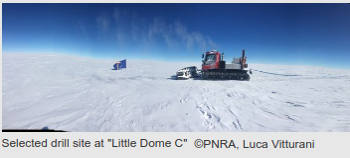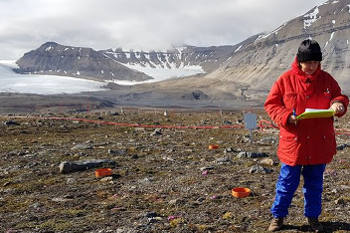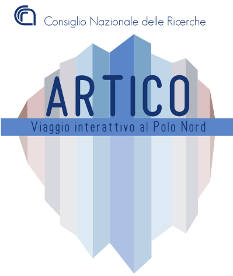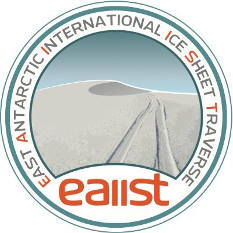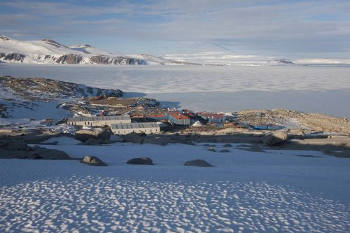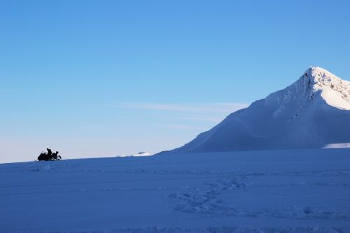Description of Southern Adriatic Sea Observing Site
The southern Adriatic is the deepest part of the Adriatic Sea with a maximum depth of 1200 m. In its western side, surface waters coming from the northern Adriatic spread southward along the Italian coast, whereas the surface Ionian waters flow along the eastern margin of the basin. Below the surface layer, the MLIW (Modified Levantine Intermediate Water), from the Eastern Mediterranean basin, enters the Adriatic Sea on the eastern side of the Otranto Strait, at 200-600 m depth.
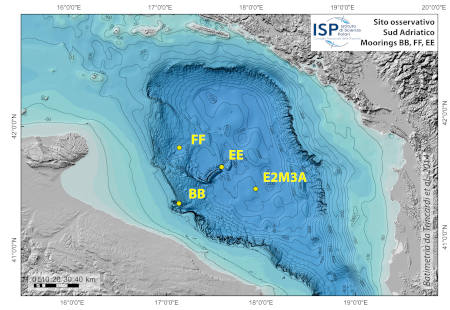 The southern Adriatic is a site of dense water formation. The Adriatic Deep Water (AdDW) is generated through deep vertical convection, caused by surface heat losses following cold continental wind events occurring in late winter. Occasionally, the North Adriatic Deep Water (NAdDW), produced by surface heat loss and evaporation driven by Bora storms during winter in the Northern Adriatic Sea, contribute to the AdDW. The NAdDW constitutes the densest waters of the whole Easter Mediterranean, it flows mostly along the western shelf of the central Adriatic Sea as a bottom-arrested density current and arrives to the Gargano Peninsula after 2–4 months since it has been produced. Recently shorter arrival times (3-4 weeks) have been observed. Once it reaches the edge of the continental shelf it sinks toward the center of the Southern Adriatic along the slope in front of the Gargano promontory or through the Bari canyon, carrying dissolved oxygen, nutrients, particulate matter, and pollutants to deep benthic ecosystems.
The southern Adriatic is a site of dense water formation. The Adriatic Deep Water (AdDW) is generated through deep vertical convection, caused by surface heat losses following cold continental wind events occurring in late winter. Occasionally, the North Adriatic Deep Water (NAdDW), produced by surface heat loss and evaporation driven by Bora storms during winter in the Northern Adriatic Sea, contribute to the AdDW. The NAdDW constitutes the densest waters of the whole Easter Mediterranean, it flows mostly along the western shelf of the central Adriatic Sea as a bottom-arrested density current and arrives to the Gargano Peninsula after 2–4 months since it has been produced. Recently shorter arrival times (3-4 weeks) have been observed. Once it reaches the edge of the continental shelf it sinks toward the center of the Southern Adriatic along the slope in front of the Gargano promontory or through the Bari canyon, carrying dissolved oxygen, nutrients, particulate matter, and pollutants to deep benthic ecosystems.
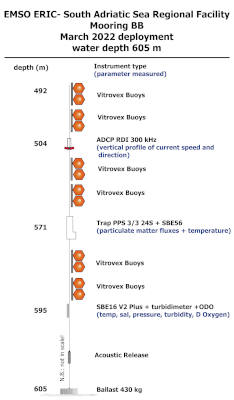 With the aim to monitor the arrival and the path of the dense waters coming from the northern Adriatic shelf, an observational system has been positioned based on three mooring lines: BB, EE and FF. This observational system has been activated and financed since 2004 by various scientific projects (EU-EuroSTRATAFORM, EU-HERMIONE, PRIN-OBAMA, EU-Perseus, EU-CoCoNet, Italian Flagship Project Ritmare (SP5-WP5-AZ3) and Italian Marine Strategy. In addition, these oceanographic moorings are part of the Italian Fixed Point Observatory Network (IFON) and, are supported by Planning and Grant Office of the CNR.
With the aim to monitor the arrival and the path of the dense waters coming from the northern Adriatic shelf, an observational system has been positioned based on three mooring lines: BB, EE and FF. This observational system has been activated and financed since 2004 by various scientific projects (EU-EuroSTRATAFORM, EU-HERMIONE, PRIN-OBAMA, EU-Perseus, EU-CoCoNet, Italian Flagship Project Ritmare (SP5-WP5-AZ3) and Italian Marine Strategy. In addition, these oceanographic moorings are part of the Italian Fixed Point Observatory Network (IFON) and, are supported by Planning and Grant Office of the CNR.
Since 2021, sites BB and FF, have become part of the European Multidisciplinary Seafloor and water column Observatory European-Research Infrastructure Consortium (EMSO-ERIC) as Regional Facility in the southern Adriatic Sea consisting of moorings BB and FF and observational site E2M3A operated by OGS Trieste. EMSO-ERIC is a European "diffuse" research infrastructure for ocean observation (https://emso.eu/), which enables long-term and also real-time monitoring of ocean processes. It consists of a system of Regional Facilities located at strategic marine sites in the European seas, Northeast Atlantic, Mediterranean Sea and Black Sea. Each site is equipped with multidisciplinary sensors placed on the seafloor and along the water column to continuously measure physical and bio-geochemical parameters that enable understanding and description of marine ecosystems, the monitoring of climate change, and provide information related to natural hazards. Participation in the EMSO-ERIC consortium also includes measurement of vertical fluxes of particulate matter, via of No. 2 sediment traps, in the deep mooring of the E2-M3A observatory (operated by OGS Trieste) located in the center of the Southern Adriatic Pit.
Participation in EMSO-ERIC is also supported by the activities of the consortium's Italian Joint Research Unit (https://www.emsoitalia.it/). Finally, the BB mooring is part of the Network of Long-term Continuous Measurements of Mediterranean Deepwater Temperature and Salinity (CIESM Hydrochanges Program).
The location of the sites was chosen upon the integration of morpho-bathymetric observations that defined the areas in which the passage of dense waters was more likely with forecasts based on the modeling of the outflow of the North Adriatic dense waters. The BB mooring is located in the northern branch of the Bari canyon, the EE mooring is located in an erosional area west of Dauno seamount, at about 1200m depth, and the FF mooring is on the continental slope in front of the Gargano promontory. Oceanographic sensors are fixed at different heights in the deepest part of the water column (Mooring BB).
The facilities are located offshore and can only be reached by ship. The nearest main docking port is Bari. Site BB is about 20 nm from the port, site FF is about 40 nm, site EE is 45 nm and site E2M3A is about 60 nm.
The instruments are equipped with internal memory and power supply. Oceanographic data are downloaded in delayed mode during mooring maintenance, which occurs semi-annually or annually. During maintenance, the moorings are retrieved to perform data offloading, trap sample collection, battery replacement, and functionality verification prior to redeployment. Such servicing have been performed using several CNR research vessels (R/V Urania, R/V Minerva Uno, and N/O G. Dallaporta) or ships of opportunity as part of the experimental activities of the aforementioned projects.
People involved: Stefano Miserocchi (stefano.miserocchi AT cnr.it), Leonardo Langone e Patrizia Giordano.
Main scientific references
Paladini de Mendoza, F., Schroeder, K., Langone, L., Chiggiato, J., Borghini, M., Giordano, P., Verazzo, G., and Miserocchi, S.: Deep-water hydrodynamic observations of two moorings sites on the continental slope of the southern Adriatic Sea (Mediterranean Sea), Earth Syst. Sci. Data, 14, 5617–5635, DOI, 2022.
Paladini de Mendoza Francesco, Katrin Schroeder, Leonardo Langone, Jacopo Chiggiato, Mireno Borghini, Patrizia Giordano, Giulio Verazzo, & Stefano Miserocchi. (2022). Moored current and temperature measurements in the Southern Adriatic Sea at mooring site BB and FF, March 2012-June 2020 (1.1) [Data set]. Zenodo. zenodo.7311090
Miserocchi Stefano, Leonardo Langone, Patrizia Giordano, Vanessa Cardin, Ilaria Conese, Anna Sanchez-Vidal, Giulio Verazzo, & Francesco Paladini de Mendoza. (2022). Biogeochemical data of sinking particulate matter collected by sediment traps at E2M3A mooring (2013-2020) in the Southern Adriatic Sea [Data set]. Zenodo. zenodo.7473396
Paladini de Mendoza, Francesco, Schroeder, Katrin, Langone, Leonardo, Chiggiato, Jacopo, Borghini, Mireno, Giordano, Patrizia, & Miserocchi, Stefano. (2023). Moored echo and turbidity measurements in the Southern Adriatic Sea at mooring site BB and FF, March 2012-June 2020 [Data set]. Zenodo. zenodo.7586134
Paladini de Mendoza Francesco, Katrin Schroeder, Leonardo Langone, Stefano Miserocchi, Mireno Borghini, Patrizia Giordano, Alessandro Amorosi, Jacopo Chiggiato. 2022. Sediment Resuspension and transport processes during dense water cascading events along the continental margin of the southern Adriatic. Submitted to Marine Geology (under revision). Ref.: Ms. No. MARGO-D-22-00290
Langone, L., Conese, I.; Miserocchi, S.; Boldrin, A.; Bonaldo, D.; Carniel, S.; Chiggiato, J.; Turchetto, M.; Borghini, M.; Tesi, T. (2016) Dynamics of particles along the western margin of the Southern Adriatic: Processes involved in transferring particulate matter to the deep basin, Marine Geology,375,28-43. - DOI
Turchetto, M., Boldrin, A., Langone, L., Miserocchi, S. (2012) Physical and biogeochemical processes controlling particle fluxes variability and carbon export in the Southern Adriatic, Continental Shelf Research, 44, 72-82. - DOI
Turchetto M., A. Boldrin, L. Langone, S. Miserocchi, T. Tesi, F. Foglini (2007) Particle transport in the Bari Canyon (southern Adriatic Sea), Marine Geology Volume 246, Issues 2-4, EUROSTRATAFORM: Role and functioning of Canyons, Pages 231-247. - DOI






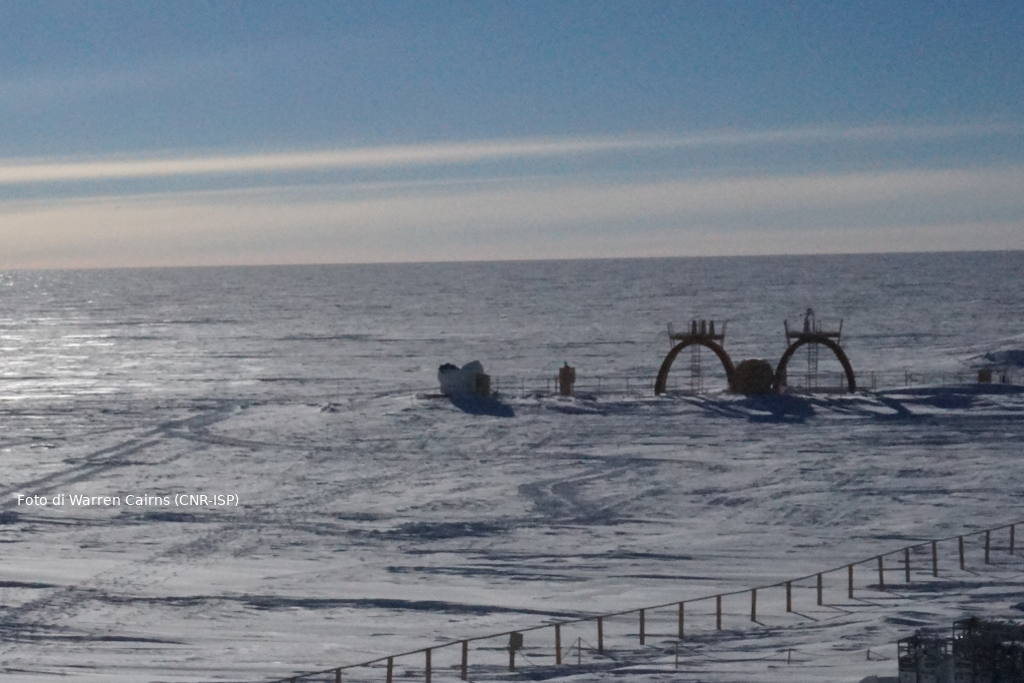
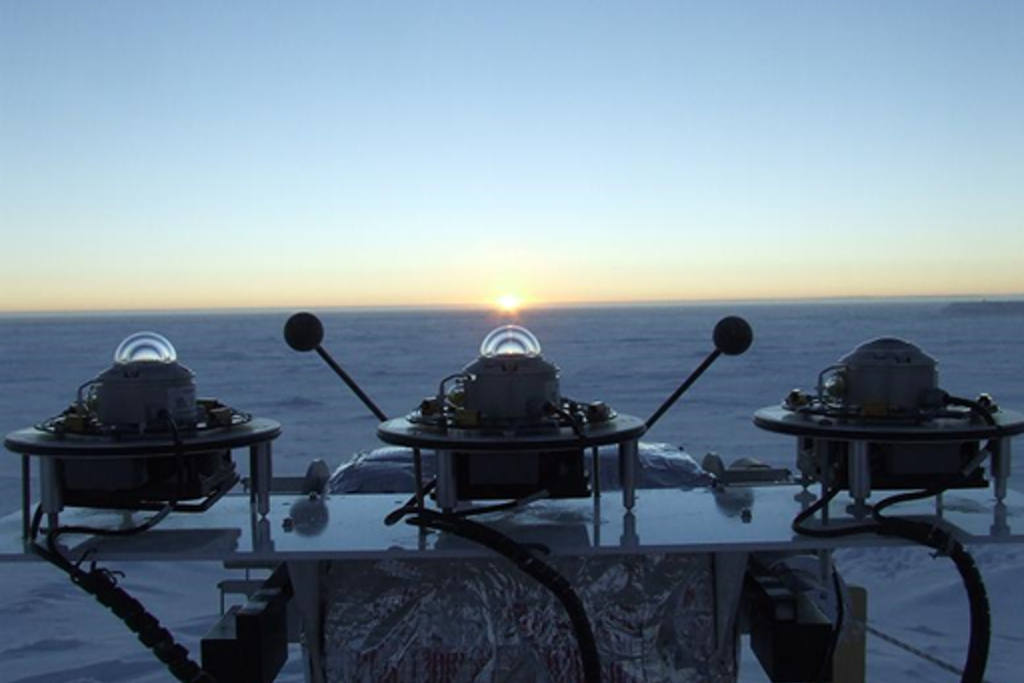
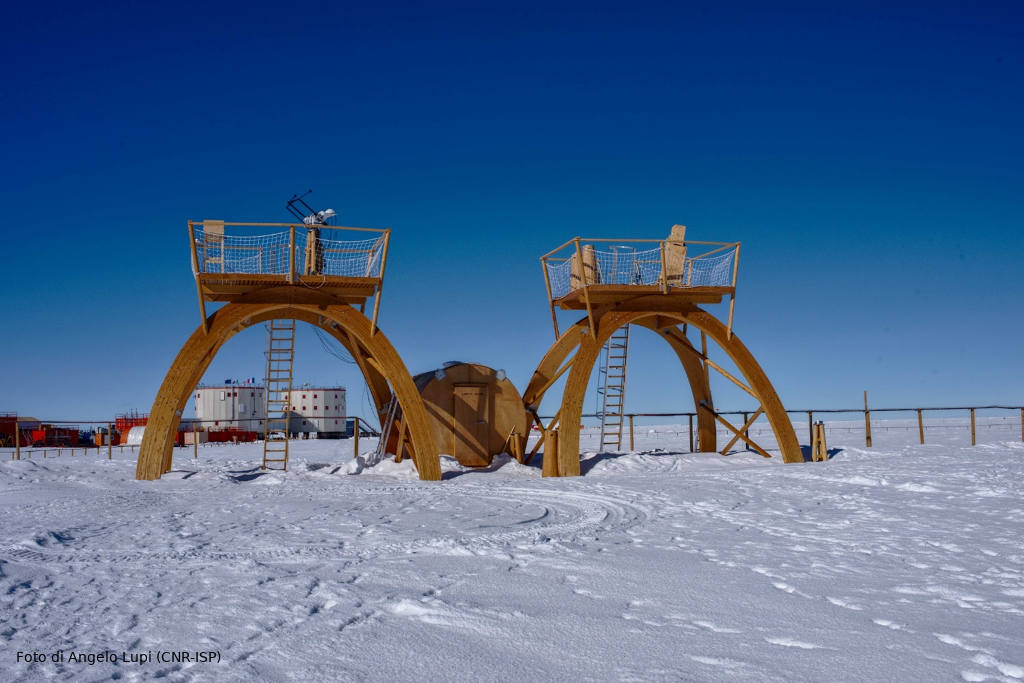
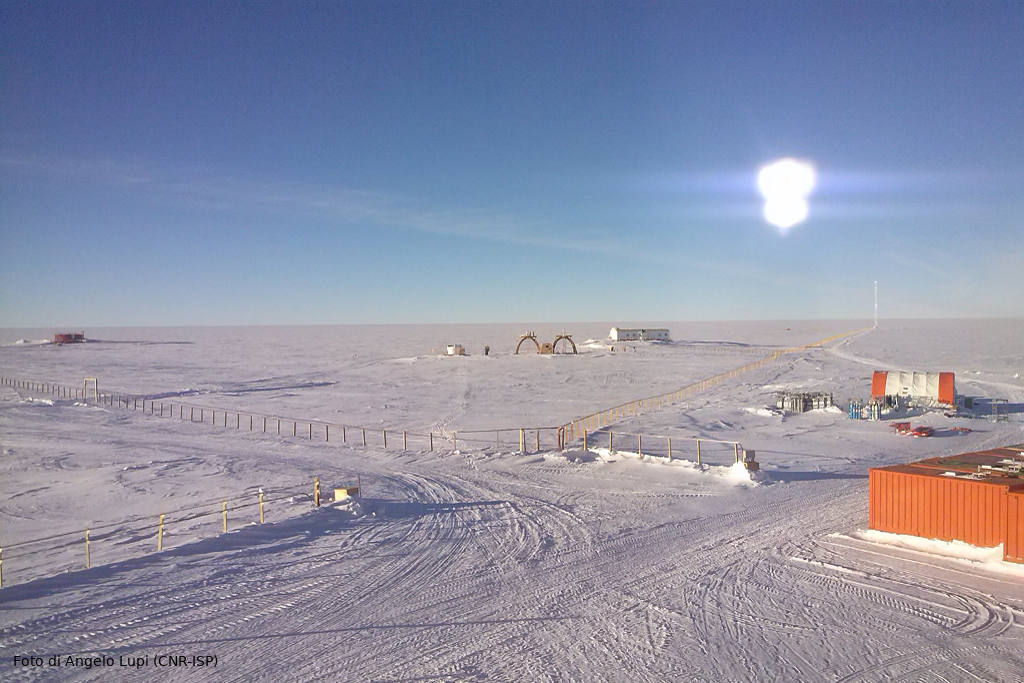








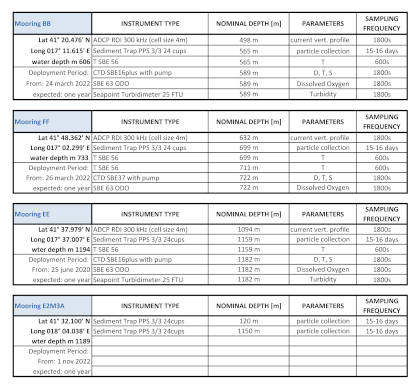
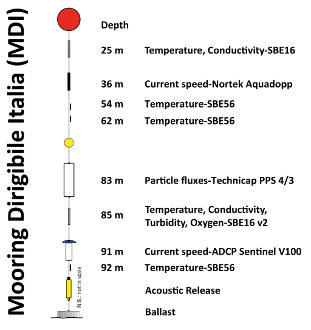
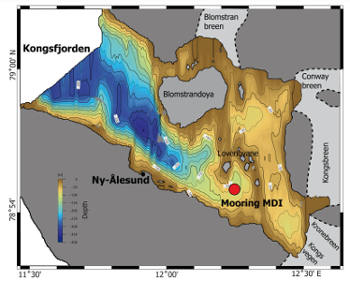
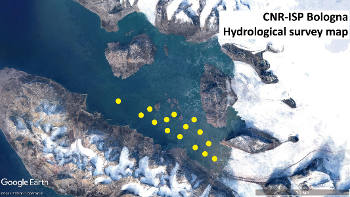

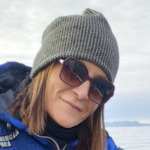

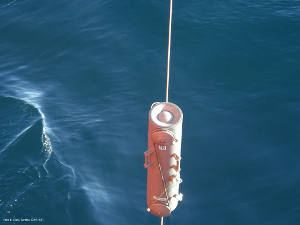
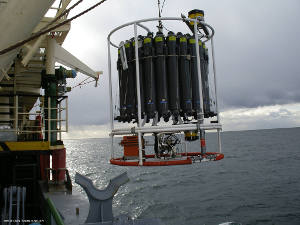
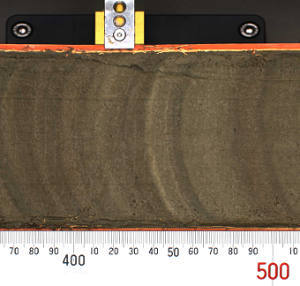
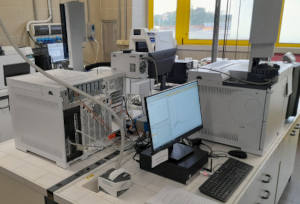




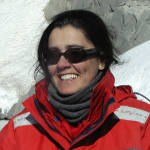


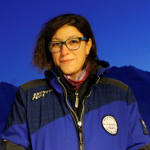


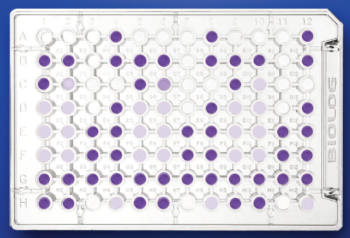
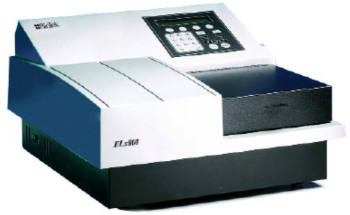 The BioChem Lab is equipped with the following analytical tools:
The BioChem Lab is equipped with the following analytical tools: 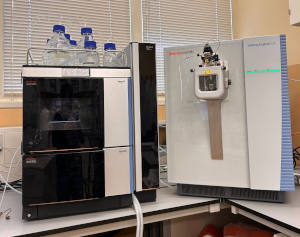
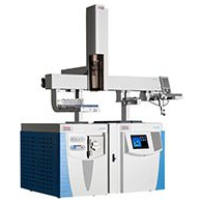 Rotavapor R 100 (Buchi), equipped with an electronic interface to control the vacuum system and the recirculating chiller.
Rotavapor R 100 (Buchi), equipped with an electronic interface to control the vacuum system and the recirculating chiller. 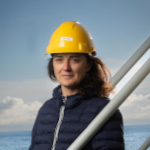 Institute of Polar Science (CNR-ISP)
Institute of Polar Science (CNR-ISP) 
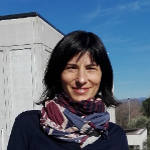



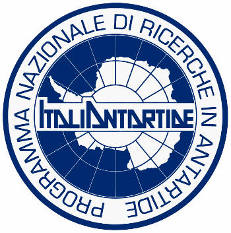 Since its first expeditions in 1968, 1973 and 1978, the CNR has strongly supported the diplomatic action of the MAECI (Ministry of Foreign Affairs and International Cooperation) which led to the accession of Italy to the Antarctic Treaty. The CNR initially contributed to identifying the construction site of the Italian station Mario Zucchelli and is currently coordinating the different lines of scientific activity of the National Research Program in Antarctica (PNRA). The implementation of research in Antarctica is carried out by the national scientific community, of which 51% are university research groups, 23% CNR research groups, 9% from INGV, 5% from ENEA, 4 % from OGS and INAF and the remaining 4 % is carried out by other institutions. The scientific priorities identified within the framework of the National Research Program in Antarctica, are mostly multidisciplinary, and can be traced around the following topics: dynamics of the atmosphere and climate processes, dynamics of the polar ice cap, solid earth dynamics, polar ocean dynamics, Sun-Earth relationships and space-weather, the universe above Antarctica, evolution, adaptation and biodiversity, humankind in extreme environments, environmental contamination, paleoclimate, environmental issues and risks, as well as technology: innovation and experimentation. In many of these research areas, the CNR’s activity, thanks to its research network, is at an excellent level, although it is still fragmented into numerous institutes belonging to various departments.
Since its first expeditions in 1968, 1973 and 1978, the CNR has strongly supported the diplomatic action of the MAECI (Ministry of Foreign Affairs and International Cooperation) which led to the accession of Italy to the Antarctic Treaty. The CNR initially contributed to identifying the construction site of the Italian station Mario Zucchelli and is currently coordinating the different lines of scientific activity of the National Research Program in Antarctica (PNRA). The implementation of research in Antarctica is carried out by the national scientific community, of which 51% are university research groups, 23% CNR research groups, 9% from INGV, 5% from ENEA, 4 % from OGS and INAF and the remaining 4 % is carried out by other institutions. The scientific priorities identified within the framework of the National Research Program in Antarctica, are mostly multidisciplinary, and can be traced around the following topics: dynamics of the atmosphere and climate processes, dynamics of the polar ice cap, solid earth dynamics, polar ocean dynamics, Sun-Earth relationships and space-weather, the universe above Antarctica, evolution, adaptation and biodiversity, humankind in extreme environments, environmental contamination, paleoclimate, environmental issues and risks, as well as technology: innovation and experimentation. In many of these research areas, the CNR’s activity, thanks to its research network, is at an excellent level, although it is still fragmented into numerous institutes belonging to various departments. 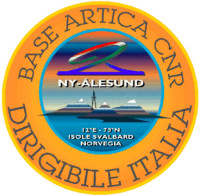 The Italian presence in the Arctic became permanent in the mid-nineties, thanks to the opening of the CNR station in the Svalbard Islands. In recent years, the interests of the Italian scientific community have been extended to other remote areas such as Greenland, areas of the Arctic Ocean, the Tibetan plateau and the Himalayas. In addition to the CNR, OGS, ENEA, INGV, INAF, ASI and some universities carry out research activities in these areas. In addition, Italy has strong economic interests in the Arctic with numerous industries that are active in this area, including ENI, Finmeccanica, Telespazio, E-geos, and Fincantieri. Since 1997 the has CNR carried out research in Ny-Ålesund in cooperation with national and international universities and other scientific institutions. The topics include climate, manmade pollution, instability of the ozone layer, the physical properties of aerosols and clouds in their role in radiation balances, ecology, genetics, physiology, biochemistry and the molecular and cellular biology of polar organisms, the optical properties of glacial surfaces, geochemistry, environment and permafrost, oceanography aimed at studying the transfer of energy and matter in relation to glacial coverage and, finally, historical and geographical studies that evaluate the Italian contribution to polar exploration and research. Recently there has been an intensification in the study of legal issues of specific to the Arctic with advice given to the Ministry of Foreign Affairs within the framework of the Arctic round table.
The Italian presence in the Arctic became permanent in the mid-nineties, thanks to the opening of the CNR station in the Svalbard Islands. In recent years, the interests of the Italian scientific community have been extended to other remote areas such as Greenland, areas of the Arctic Ocean, the Tibetan plateau and the Himalayas. In addition to the CNR, OGS, ENEA, INGV, INAF, ASI and some universities carry out research activities in these areas. In addition, Italy has strong economic interests in the Arctic with numerous industries that are active in this area, including ENI, Finmeccanica, Telespazio, E-geos, and Fincantieri. Since 1997 the has CNR carried out research in Ny-Ålesund in cooperation with national and international universities and other scientific institutions. The topics include climate, manmade pollution, instability of the ozone layer, the physical properties of aerosols and clouds in their role in radiation balances, ecology, genetics, physiology, biochemistry and the molecular and cellular biology of polar organisms, the optical properties of glacial surfaces, geochemistry, environment and permafrost, oceanography aimed at studying the transfer of energy and matter in relation to glacial coverage and, finally, historical and geographical studies that evaluate the Italian contribution to polar exploration and research. Recently there has been an intensification in the study of legal issues of specific to the Arctic with advice given to the Ministry of Foreign Affairs within the framework of the Arctic round table. 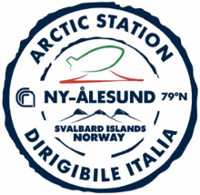 Contrary to the National Antarctic Research Programme, research in the Arctic has not received structured funding until very recently. However, within the CNR, the Department of Earth Sciences and Technologies for the Environment (
Contrary to the National Antarctic Research Programme, research in the Arctic has not received structured funding until very recently. However, within the CNR, the Department of Earth Sciences and Technologies for the Environment ( On December 6th, 2006, the CNR, with the
On December 6th, 2006, the CNR, with the 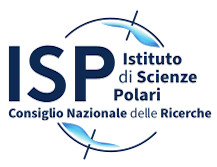 Italian researchers involved in research in polar areas and other remote areas of the planet are involved in highly interdisciplinary research in life sciences, Earth and climate sciences, marine sciences, atmospheric and space sciences, in addition to technological innovation. But national research in polar areas has often been very fragmented and scarcely visible in an international context, because, although carried out within highly qualified research groups, they have so far only been individually recognizable and not associated with a national structure.
Italian researchers involved in research in polar areas and other remote areas of the planet are involved in highly interdisciplinary research in life sciences, Earth and climate sciences, marine sciences, atmospheric and space sciences, in addition to technological innovation. But national research in polar areas has often been very fragmented and scarcely visible in an international context, because, although carried out within highly qualified research groups, they have so far only been individually recognizable and not associated with a national structure. 

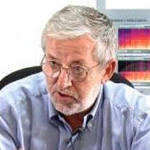





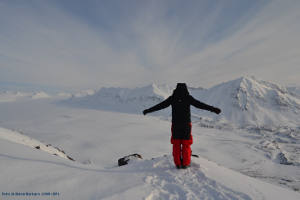
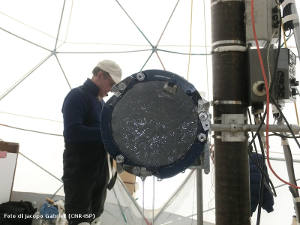
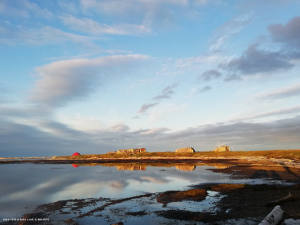
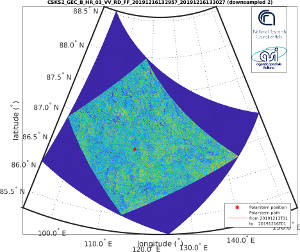
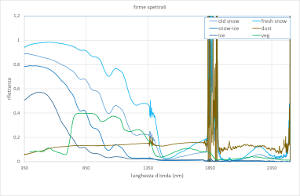




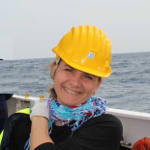










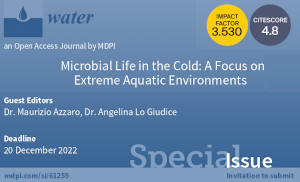 A special issue of Water (ISSN 2073-4441)
A special issue of Water (ISSN 2073-4441)
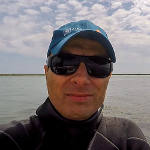

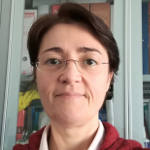

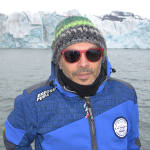


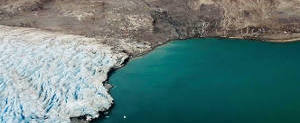


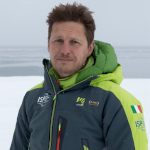




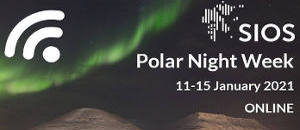 The third #PolarNightWeek for and with the #SIOS community will be held online, 11-15 January 2021.
The third #PolarNightWeek for and with the #SIOS community will be held online, 11-15 January 2021.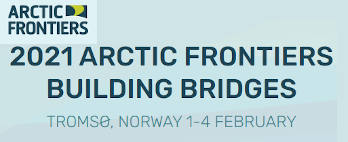 Arctic Frontiers Science 2021
Arctic Frontiers Science 2021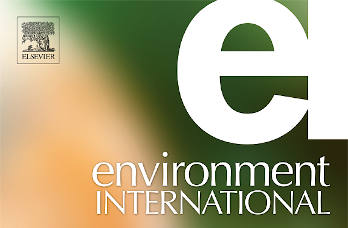 Pubblicato sul sito web della rivista internazionale Environment International lo
Pubblicato sul sito web della rivista internazionale Environment International lo  A special issue of
A special issue of 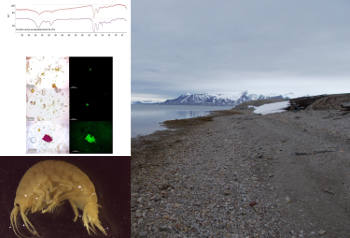
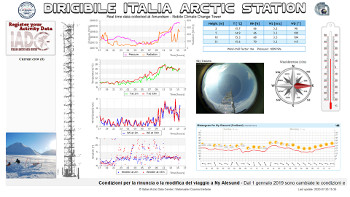
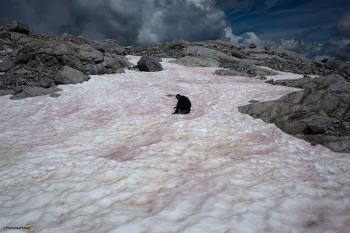
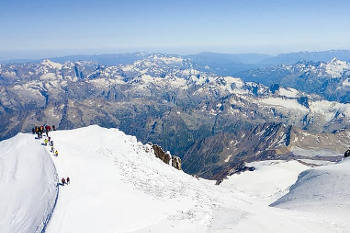
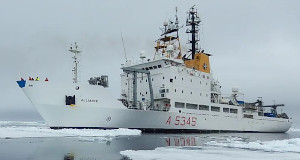
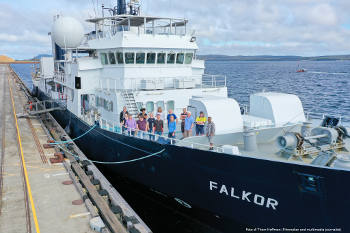

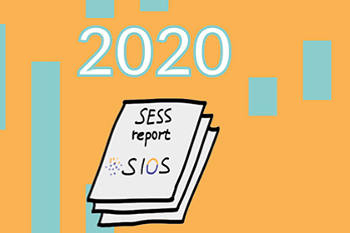 The call for contributions to the 2nd SESS report is open
The call for contributions to the 2nd SESS report is open 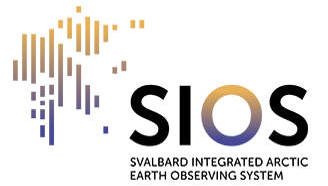 This autumn, SIOS will offer a training course on how to effectively use remote sensing data acquired from satellites, from the air or from the ground, and their associated tools and software in the context of terrestrial research in Svalbard. The course is intended for field scientists, Ph.D. students and technicians with no or little experience with remote sensing techniques. The training will be delivered by remote sensing experts from SIOS member institutions, international teachers and potential virtual talks from ESA experts.
This autumn, SIOS will offer a training course on how to effectively use remote sensing data acquired from satellites, from the air or from the ground, and their associated tools and software in the context of terrestrial research in Svalbard. The course is intended for field scientists, Ph.D. students and technicians with no or little experience with remote sensing techniques. The training will be delivered by remote sensing experts from SIOS member institutions, international teachers and potential virtual talks from ESA experts.  The PhD programme in
The PhD programme in 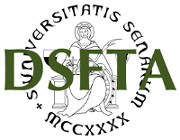 Il Dottorato ha sede presso le strutture del Dipartimento di Scienze Fisiche, della Terra e dell’Ambiente dell’Università degli Studi di Siena.
Il Dottorato ha sede presso le strutture del Dipartimento di Scienze Fisiche, della Terra e dell’Ambiente dell’Università degli Studi di Siena. 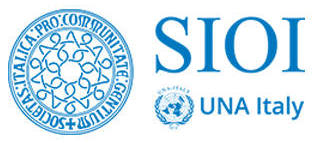 La Società Italiana per l'Organizzazione Internazionale (
La Società Italiana per l'Organizzazione Internazionale ( L'Ecosistema lagunare con Luigi Cavaleri, oceanografo all’ISMAR-CNR, Fabiana Corami, biologa, Istituto di Scienze Polari del CNR (CNR-ISP); e Beatrice Rosso, ricercatrice, Dipartimento di Scienze Ambientali, Informatica e Statistica dell’Università Ca’ Foscari.
L'Ecosistema lagunare con Luigi Cavaleri, oceanografo all’ISMAR-CNR, Fabiana Corami, biologa, Istituto di Scienze Polari del CNR (CNR-ISP); e Beatrice Rosso, ricercatrice, Dipartimento di Scienze Ambientali, Informatica e Statistica dell’Università Ca’ Foscari.  Conferences and workshops
Conferences and workshops 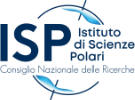 Dove:
Dove: 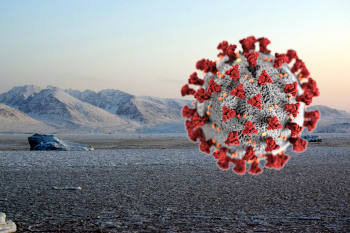
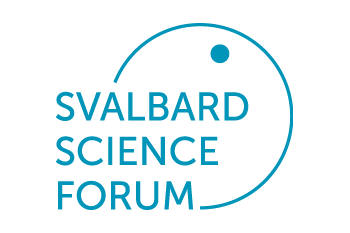 The Svalbard Strategic Grant is a seed money program aimed at advancing coordination, collaboration and data sharing between researchers with a relevance to Svalbard.
The Svalbard Strategic Grant is a seed money program aimed at advancing coordination, collaboration and data sharing between researchers with a relevance to Svalbard.

 De Agostini Scuola, in collaborazione con il CNR, celebra la giornata internazionale della Terra con un viaggio dal Polo Sud al Polo Nord della Terra, alla scoperta della salute del nostro pianeta.
De Agostini Scuola, in collaborazione con il CNR, celebra la giornata internazionale della Terra con un viaggio dal Polo Sud al Polo Nord della Terra, alla scoperta della salute del nostro pianeta. 
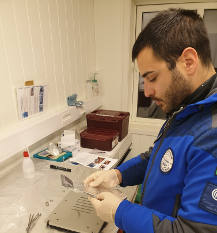
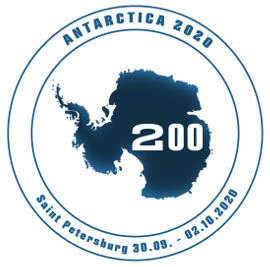

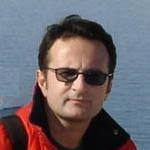
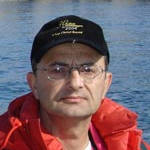



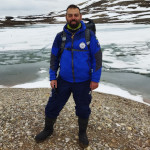


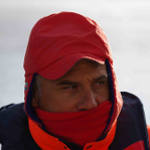



 Università Ca’ Foscari - Venezia
Università Ca’ Foscari - Venezia
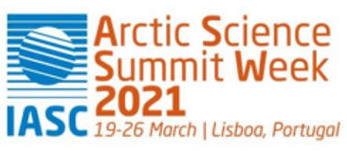 Framed by the overarching theme for the Science Conference The Arctic: Regional Changes, Global Impacts, Lisbon invites International experts on the Arctic and Indigenous Peoples to discuss the “New Arctic” and also its impacts and interactions to and with the lower latitudes.
Framed by the overarching theme for the Science Conference The Arctic: Regional Changes, Global Impacts, Lisbon invites International experts on the Arctic and Indigenous Peoples to discuss the “New Arctic” and also its impacts and interactions to and with the lower latitudes.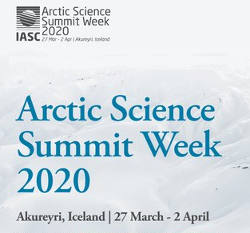

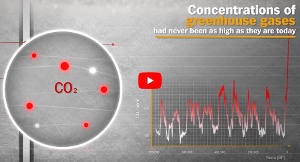
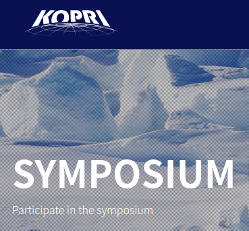 The 26th International Symposium on Polar Sciences
The 26th International Symposium on Polar Sciences 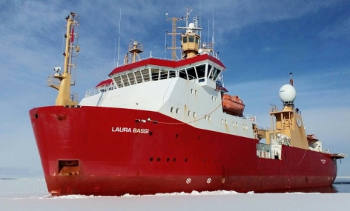
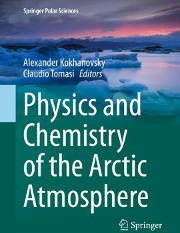
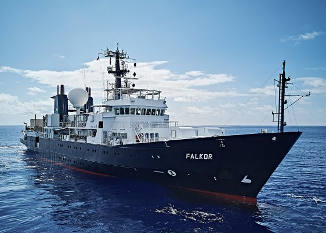
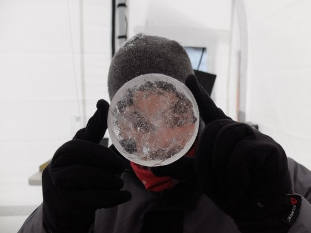
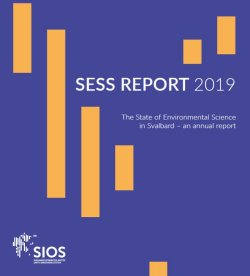
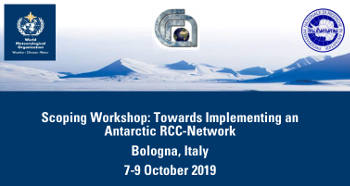 Scoping Workshop: Toward Implementing an Antarctic RCC-Network
Scoping Workshop: Toward Implementing an Antarctic RCC-Network 